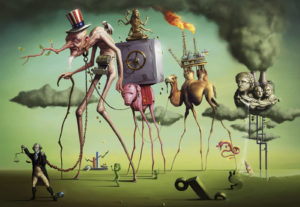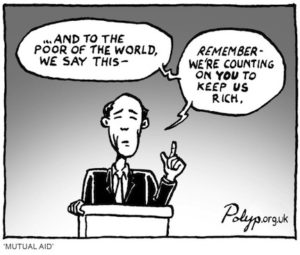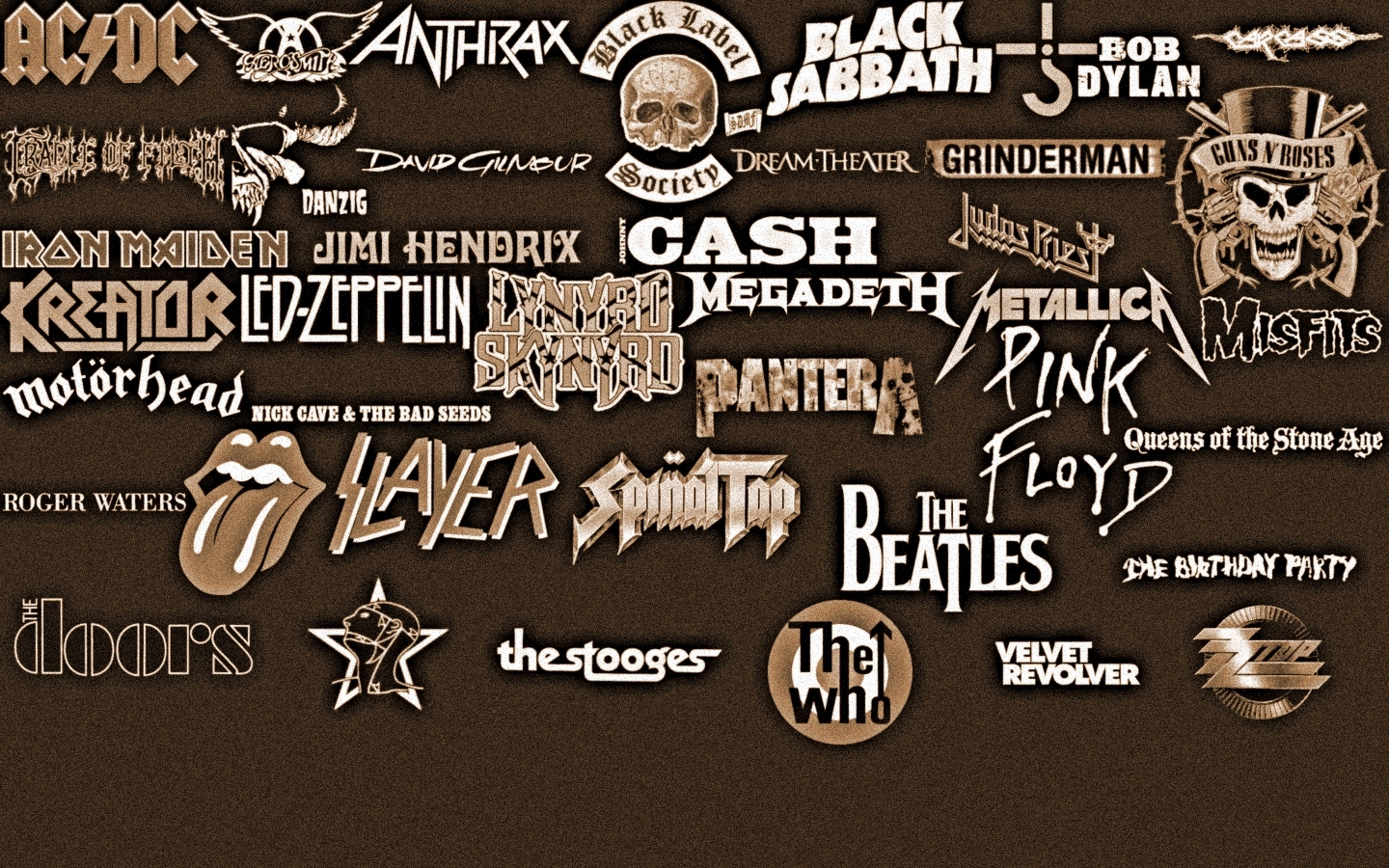WEST LONG BRANCH, N.J. – Neoliberalism is the bane of my existence. Unfortunately, I am neoliberalism. You are neoliberalism. We are all neoliberalism. It is important here to make the distinction between being neoliberalism and being a neo-liberal. It is important as well to define neoliberalism, and why being a neo-liberal is a distinction.
Neoliberalism is an economic philosophy where competition is thought to be the key characteristic of the human experience, coupled of course with mass privatization, austerity, reduced government spending, and free trade. Needless to say, a rise in corporatism is a natural offset to neoliberalism. One in which many of us students here at Monmouth have been told to prepare for. The neoliberal world is the “real world” us students have yet to “actually experience”.

By now, I hope you can tell, even with whatever subtly I have used thus far, that I am not particularly a fan of neoliberalism. So, why would I say that I am neoliberalism? Simply put, I cannot remove myself from processes in which neoliberalism props itself afloat. I may be able to protest, yell, try to keep my purchases low, detest global capitalistic exploitation, but, I can only go so far. I am a student, at a university with a “strategic plan” aimed at helping students become better candidates for jobs post-graduation, rather than better people. I am a student at a university, whose decision to major in not one, but two social sciences, was regularly greeted with “so you wanted to be doubly poor?”. I am shaped by my university; my life chances and choices will be effected by the choices made by my university. And when those choices made reflect what I see to be an acceptance of global neoliberalism, it wildly effects the ways in which I will be able to interact with the world while I am on this campus, and once I leave it. This is what it means to me to be neoliberalism. To be neo-liberal, is simply to support neoliberalism as a philosophy. I am not a neo-liberal, and I hope you aren’t either.
Debates over neoliberalism happen all the time on campus, especially in social science classes. Debates are heated, but often inspiring. During these discussions, what is clear is who supports neoliberalism and who does not. However, I would contend that most of my student counterparts in some way support neoliberalism. This has become clear to me, as I have carried on through conversations with twenty-first century activists. Most are members of the “peace, love, and let me craft my identity through my consumer choices” crowd. The “sweatshop labor is barbaric, but I enjoy Nike products” crowd. The “if I want to support a cause, I must find a coinciding campaign and purchase their gear” crowd. All jokes aside, I do think the “crowd” I am describing is afflicted with textbook cognitive dissonance.
What is truly amazing is, this had been brewing through my mind for quite a few months now. However, the actual cementation of the concept into pure thoughts and subsequently words, then action, eluded me. That is, until I was preparing a set-list of punk songs with a friend for a punk inspired party. I stumbled upon what I claimed to be my favorite punk song, “A Holiday in Cambodia” by the Dead Kennedys. The song satirically mocks “well-to-do” college students in the United States, who appear to be blissfully unaware of global events. Instantaneously, my thoughts poured out through a song recorded nearly fifteen years before my birth. I now find myself murmuring the lyrics whenever I see cheap imitations of activism parading around campus.

I know it is not quite nice to call somebody’s activism “cheap”, and maybe cheap is not the right word entirely, but cheap is on my brain whenever I am confronted by activism that is not critical of a global capitalistic system, especially when there are links between a growing capitalistic and corporatist world and the causes being advocated for. And let me not be coy here, the link is almost never (if ever) a good one.
I should hope, that when students pick causes to be passionate about, they confront both the cause and what is that cause’s cause. Meaning, care not only for what you are being an activist for, but also, why you need to be an activist in the first place. More importantly, if not most importantly, fit yourself into the equation. The most important form of activism is embodiment of ideals, which would be my suggestion after all this. Learn, inspect, and then embody what you fight for. On a slighter note, I would also suggest listening to A Holiday in Cambodia, and realizing yourself to be the consumer robot that you probably are.




